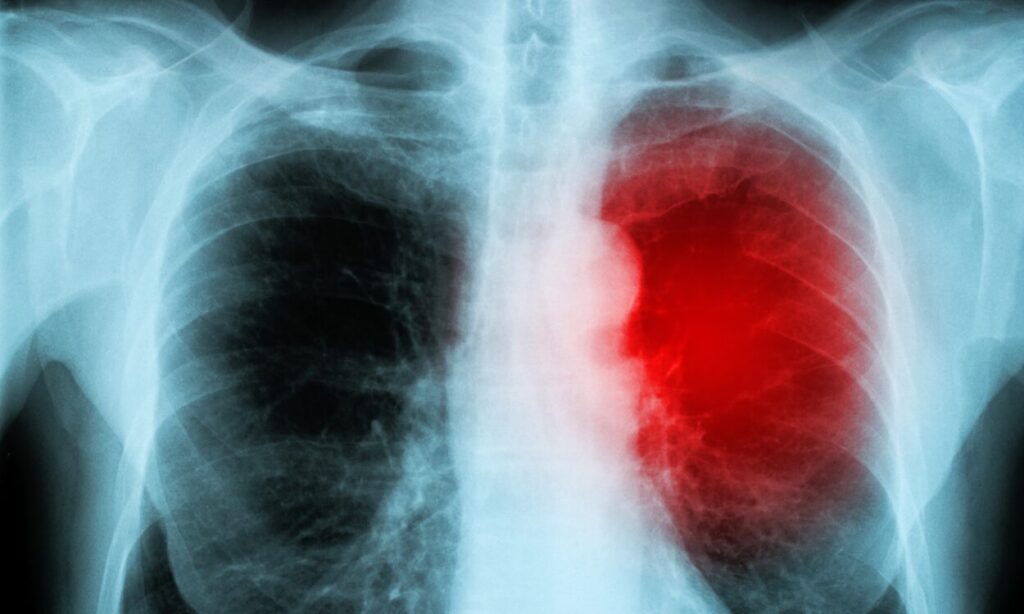Heart disease remains one of the leading causes of death worldwide, affecting millions of individuals every year. Cardiovascular diseases (CVDs) are the leading cause of death worldwide, killing an estimated 17.9 million people each year. While the term “heart disease” encompasses a range of conditions that affect the heart’s structure and function, it most commonly refers to coronary artery disease (CAD), which can lead to heart attacks. Understanding the causes, symptoms, and prevention strategies for heart disease is crucial for promoting heart health and reducing the risk of cardiovascular events.
Causes of Heart Disease
Several factors contribute to the development of heart disease, including:
High Blood Pressure (Hypertension): Elevated blood pressure puts strain on the heart and blood vessels, increasing the risk of heart disease and other complications.
High Cholesterol: Elevated levels of cholesterol along with inflammation in the blood can lead to the buildup of plaque in the arteries, reducing blood flow to the heart and increasing the risk of heart attacks and strokes.
Smoking: Tobacco smoke contains harmful chemicals that damage the heart and blood vessels, increasing the risk of heart disease.

Diabetes: Uncontrolled diabetes can damage blood vessels and nerves, increasing the risk of heart disease and other complications.
Obesity: Excess weight, especially visceral fat around the belly puts strain on the heart and increases the risk of conditions like high blood pressure, high cholesterol, and diabetes, all of which contribute to heart disease.
Unhealthy Diet: A diet high in saturated fats, trans fats, cholesterol, and sodium can contribute to the development of heart disease. This is the number one cause of the problem and very simple to fix .It is a mental shift that is required and you can eliminate this problem from your life.
Physical Inactivity: Lack of regular physical activity is associated with an increased risk of heart disease and other health problems. Do something everyday. Even simple walking for 30 minutes a day.
Family History: A family history of heart disease can increase an individual’s risk of developing the condition.
Stress: Chronic stress can kill you. Manage your thoughts and the meaning you make with what happens. This is a big one to take care of along with diet. Stay in an attitude of gratitude which is an antidote to stress.
Symptoms of Heart Disease
The symptoms of heart disease can vary depending on the specific condition and its severity.

Common symptoms include:
- Chest Pain or Discomfort: This is the most common symptom of heart disease and may feel like pressure, tightness, squeezing, or aching in the chest.
- Shortness of Breath: Difficulty breathing, especially during physical activity or when lying down, can be a symptom of heart disease.
- Fatigue: Feeling tired or fatigued, even with rest, can be a sign of heart disease.
- Swelling: Swelling in the legs, ankles, feet, or abdomen may occur due to fluid buildup caused by heart failure.
- Irregular Heartbeat: Heart palpitations, skipped beats, or a racing heartbeat can indicate an arrhythmia, which may be related to heart disease.
- It’s important to note that some individuals, particularly women, may experience atypical symptoms of heart disease, such as nausea, indigestion, or upper back pain.
Prevention of Heart Disease
While certain risk factors for heart disease, such as family history, cannot be changed, there are many steps individuals can take to reduce their risk and promote heart health:
- Healthy Diet: Eat a balanced diet rich in fruits, vegetables, whole grains, lean proteins, and healthy fats. Limit intake of saturated fats, trans fats, cholesterol, and sodium.
- Regular Exercise: Aim for at least 150 minutes of moderate-intensity aerobic exercise or 75 minutes of vigorous-intensity exercise per week, along with muscle-strengthening activities on two or more days per week.
- Maintain a Healthy Weight: Strive to achieve and maintain a healthy weight through a combination of healthy eating and regular physical activity.
- Quit Smoking: If you smoke, quit smoking, and avoid exposure to secondhand smoke.
- Manage Stress: Practice stress-reducing techniques such as deep breathing, meditation, yoga, or hobbies that you enjoy.
- Monitor Blood Pressure and Cholesterol: Regularly monitor your blood pressure and cholesterol levels, and take steps to keep them within a healthy range.
- Control Diabetes: If you have diabetes, work with your healthcare provider to manage your blood sugar levels and prevent complications.
- Limit or eliminate Alcohol: If you drink alcohol, do so in moderation. Limit consumption to no more than one drink per day for women and two drinks per day for men. It is good to let go of alcohol.
Conclusion
Heart disease remains a significant public health concern, but it is largely preventable through lifestyle modifications and risk factor management. By adopting a healthy diet, engaging in regular physical activity, avoiding tobacco, maintaining a healthy weight, and managing underlying health conditions, individuals can significantly reduce their risk of developing heart disease and improve their overall heart health.
It’s essential to be aware of the symptoms of heart disease and seek medical attention if you experience any concerning signs or symptoms. Early detection and treatment can help prevent complications and improve outcomes for individuals with heart disease.
In conclusion, prioritizing heart health through preventive measures and lifestyle changes is crucial for reducing the burden of heart disease and promoting overall well-being.
FAQs
Can heart disease be cured?
While heart disease cannot always be cured, it can often be managed effectively through lifestyle changes, medications, and medical procedures. Early detection and treatment are key to preventing complications and improving outcomes.
What is the difference between a heart attack and cardiac arrest?
A heart attack occurs when blood flow to part of the heart is blocked, usually by a blood clot. Cardiac arrest occurs when the heart suddenly stops beating, typically due to an electrical malfunction. While heart attacks can lead to cardiac arrest, they are not the same thing.
How often should I get my cholesterol checked?
It is generally recommended to have your cholesterol checked every four to six years starting at age 20. However, individuals with risk factors for heart disease may need more frequent testing.
Is it safe to exercise if I have heart disease?
In most cases, exercise is safe and beneficial for individuals with heart disease. However, it’s essential to consult with your healthcare provider before starting or modifying an exercise program, especially if you have underlying health conditions or are at high risk for heart complications.
Can heart disease be prevented entirely?
While some risk factors for heart disease, such as genetics, cannot be changed, adopting a healthy lifestyle can significantly reduce the risk of developing the condition. By managing risk factors like high blood pressure, high cholesterol, and diabetes, individuals can greatly improve their heart health and reduce their overall risk of heart disease.

